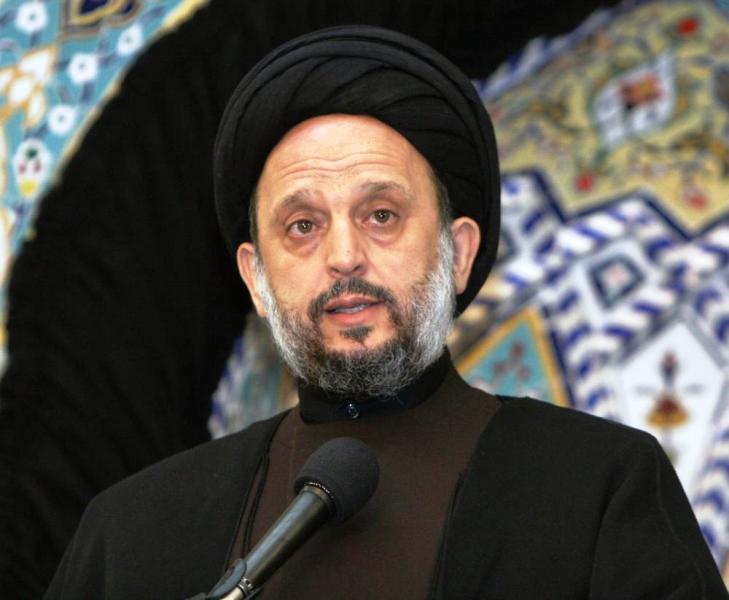
RNA – Speaking at a charity iftar dinner to raise funds for an orphanage, Hujjat al-Islam Sayyid Ali Fadhlullah, Beirut’s Friday prayers’ leader, told a group of Lebanese philanthropists and government and religious officials that the current security conditions in Lebanon were unfavourable, adding: “At a time when the world is full of insecurity, we must plan ahead and foresee future issues so we can deal with the challenges facing us and think about the future of the country and of future generations.”
The Lebanese scholar referred to the holy month of Ramadan, explaining that during this holy month of fasting we learn from past our experiences and not to repeat the mistakes we made in the past so we can free ourselves. He added that this is a sign of wisdom. He said that prejudice is a factor which in the past led to many problems for Lebanon.
“Through recognizing and working to overcome our past faults and applying correct thinking on the basis of logic, we can overcome any problem in matters of faith and politics. With a correct perspective, we will not create problems for ourselves in the future,” he explained.
Hujjat al-Islam Fadhlullah emphasized that sectarianism and tribalism are considered as our redlines. He said that the basis of terrorism and the Takfiri phenomenon facing the region are due to unjustifiable prejudice. All of the investments and advantages made by the enemies are due to these factors or through accentuating religious differences in Lebanese society.
His Eminence added that the enemy is trying to create internal conflicts and dissention in this strong and powerful nation in order to weaken it. “They seek to create strife and sedition between Sunnis and Shi’ites, Christians and Muslims and other groups... With one spark, they will be able to weaken our country which will lead to its destruction,” he stressed.
Beirut’s Friday prayers’ leader called on all Lebanese officials and Islamic scholars to unite and resolve the serious domestic problems facing the nation through political and religious discourse. He emphasized that we must realize that if unity does not prevail in the governance of this country, future conflicts will easily destroy Lebanon in the future.
“If we cannot achieve internal security, we will not be able to achieve external security either. Is it rational that we live in a country where institutions or country abuzz with accusations and counter-accusations of treason?” he asked.
111/112